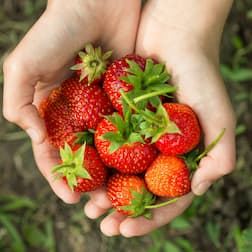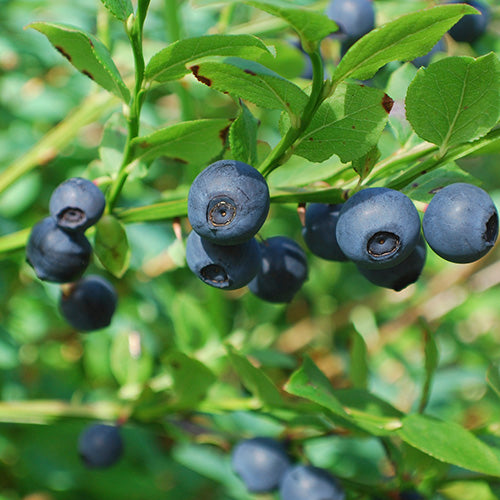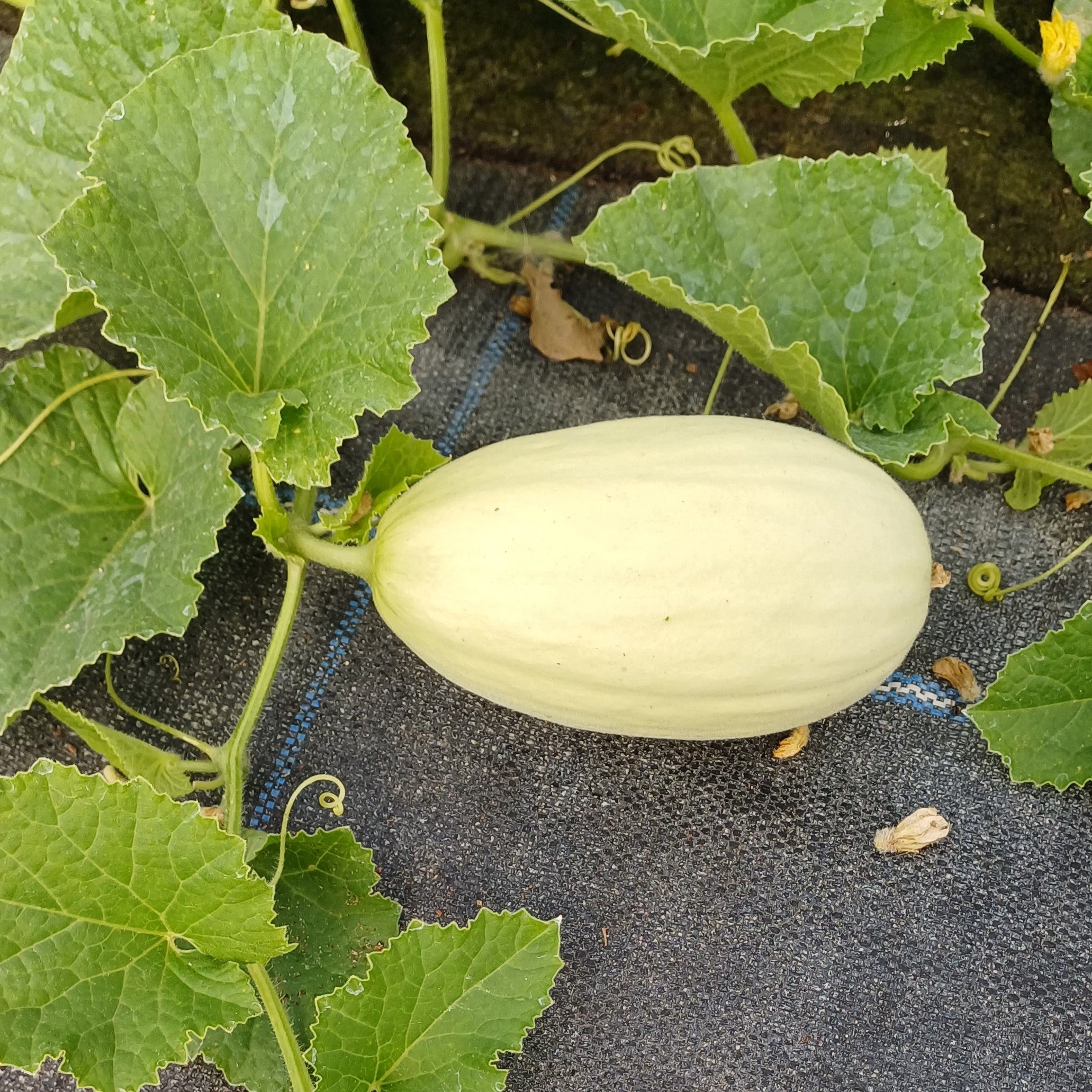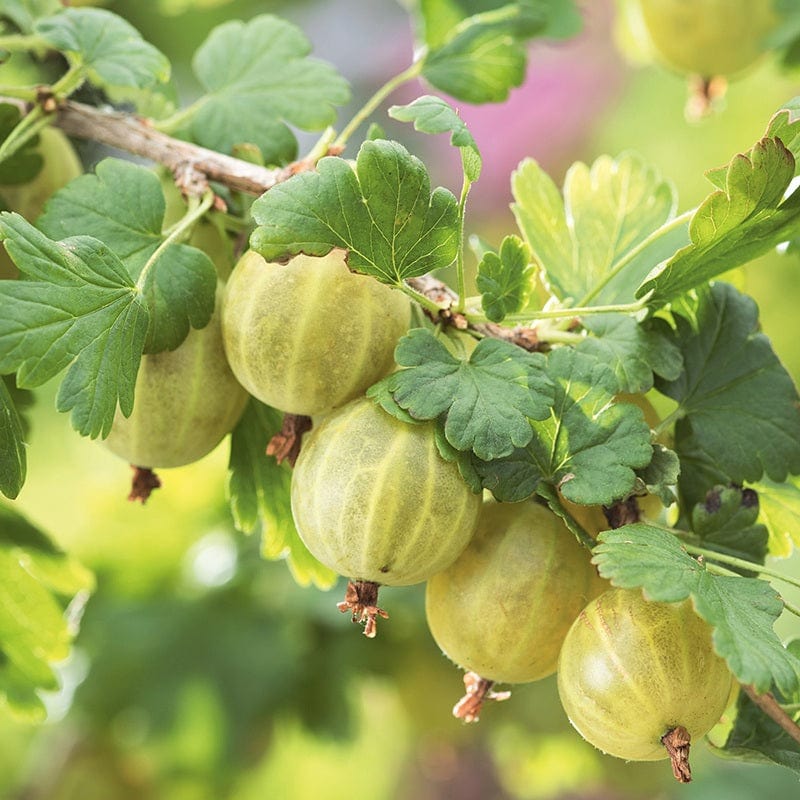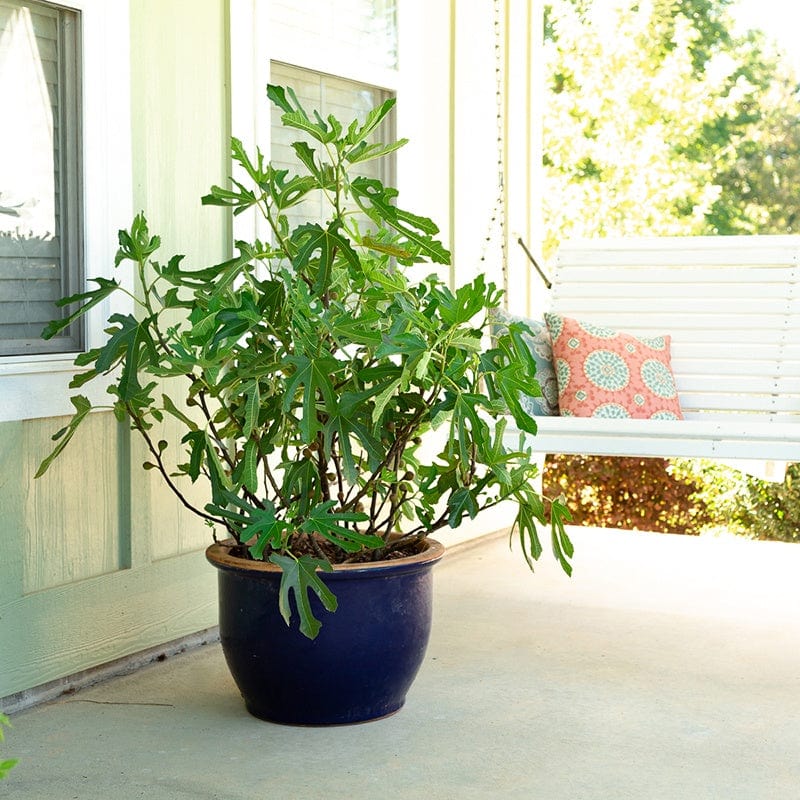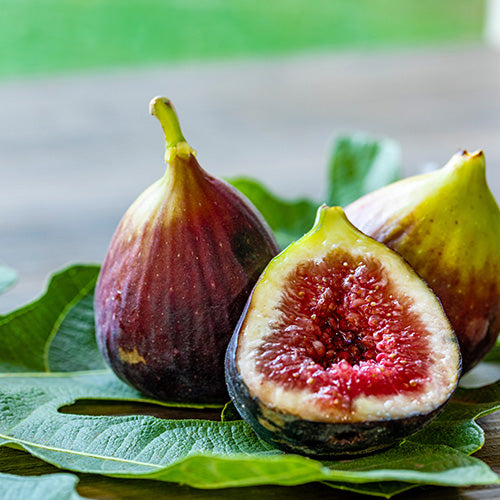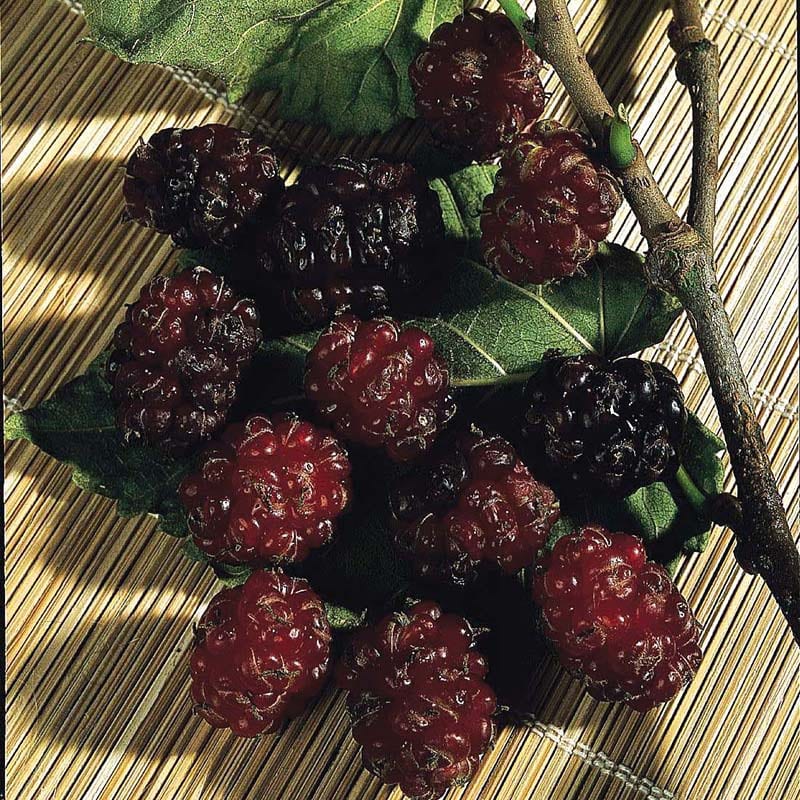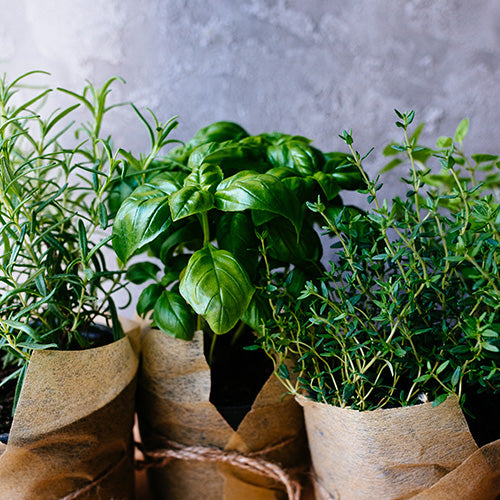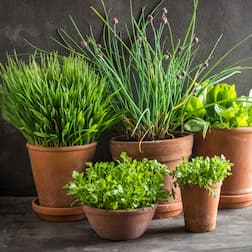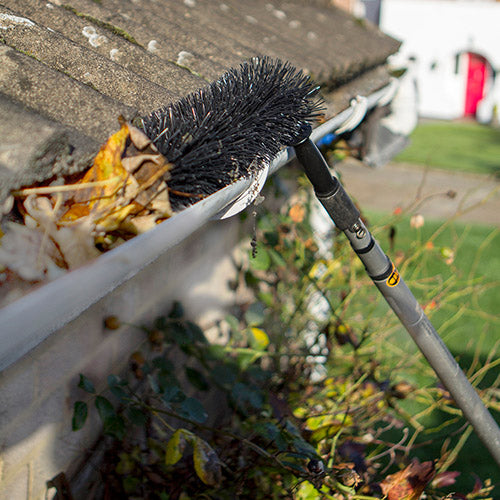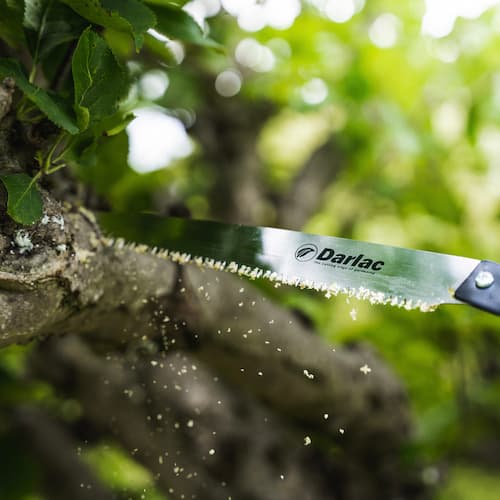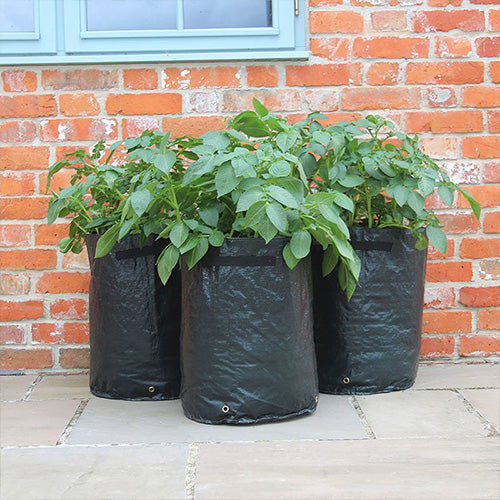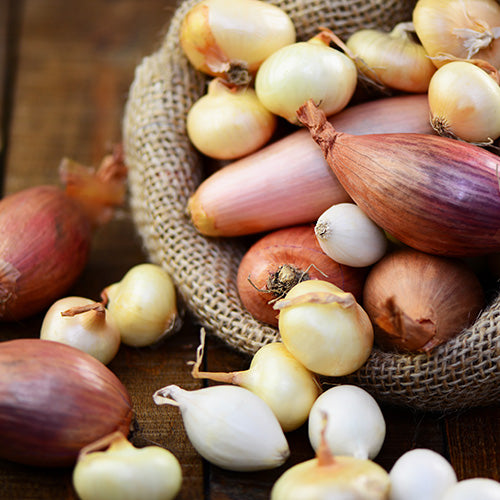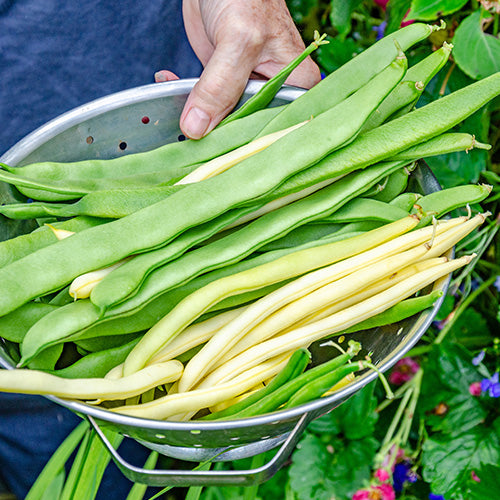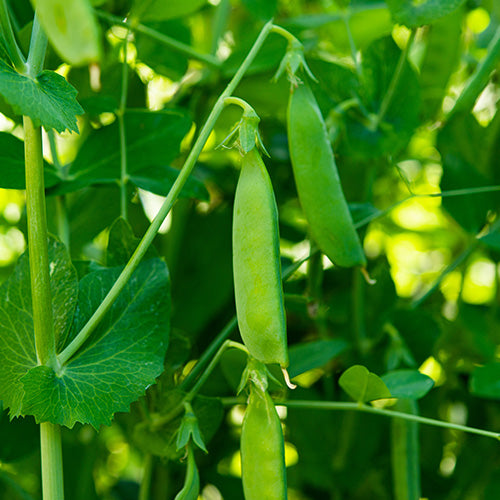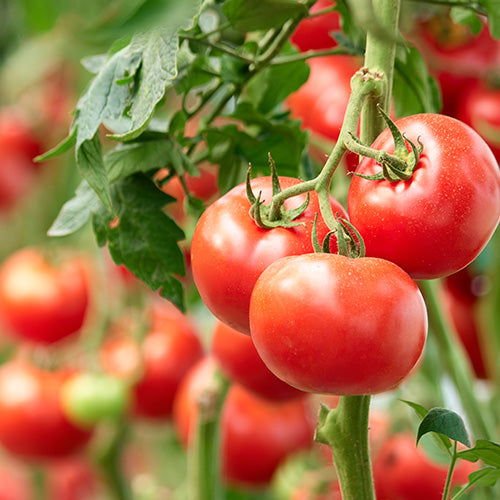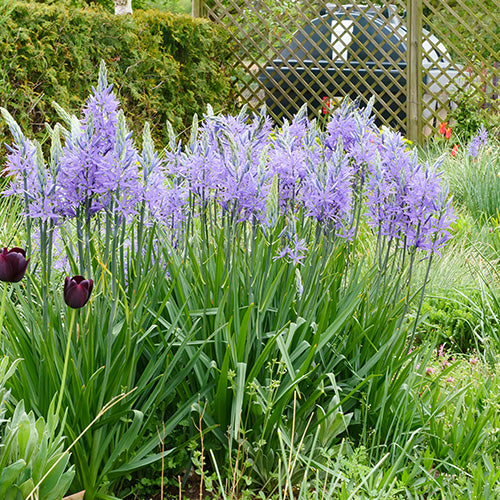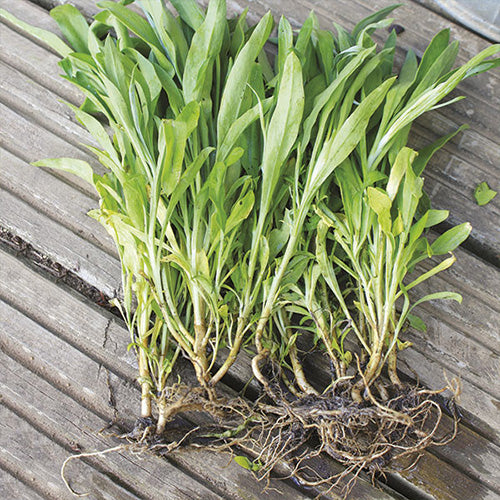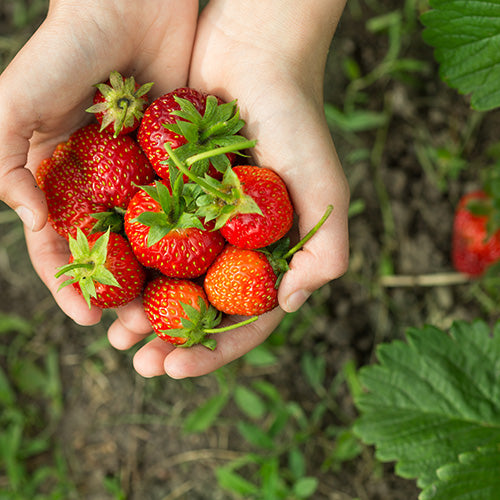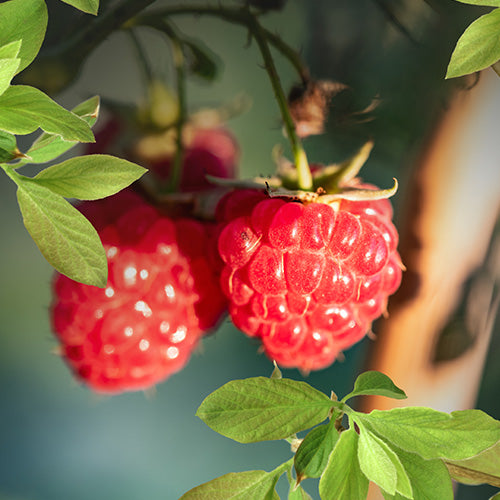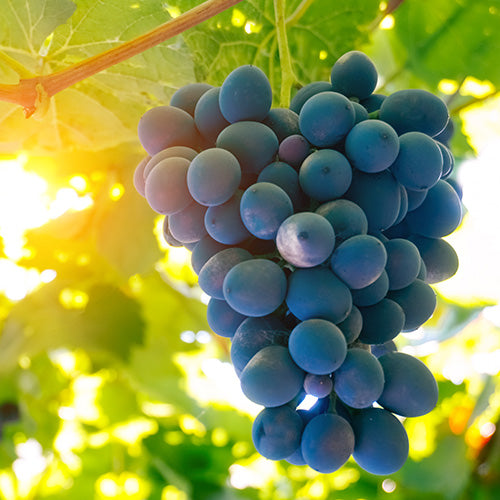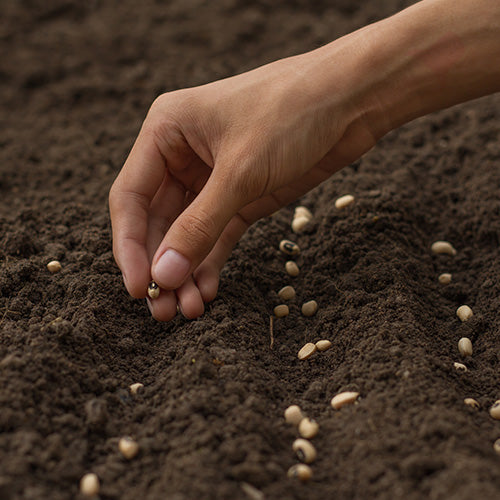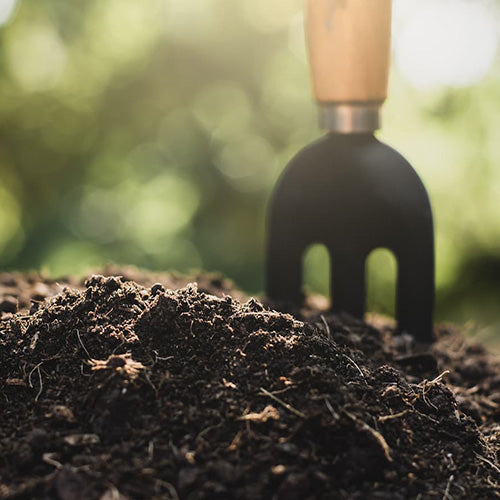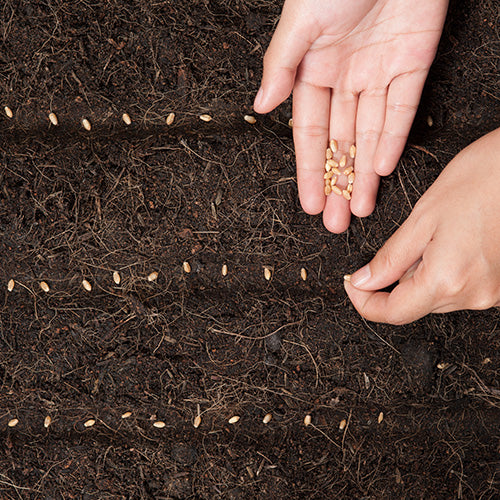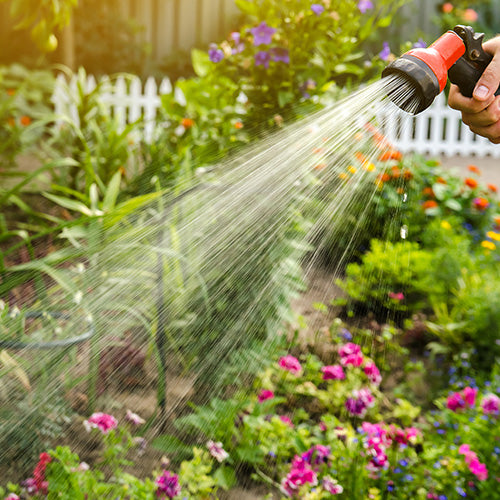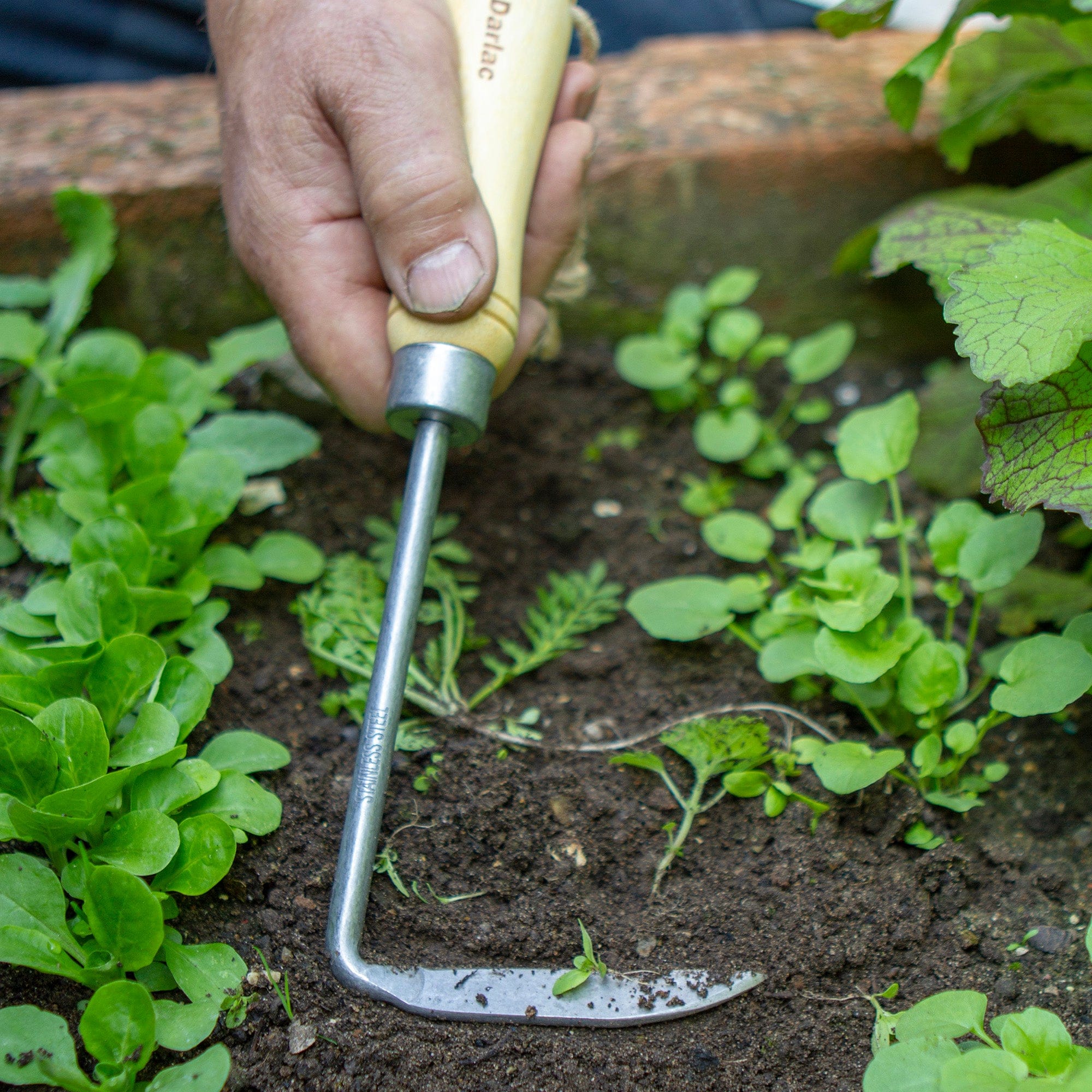Coriander Seeds
Coriander is one of the most commonly used herbs in the world. Although native to southern Europe and the Middle East the plant is now grown worldwide and tends to be associated with Asian and Central and South American cooking. Use in curries and with all red meat sausages and casseroles. Coriander's fresh citrus taste makes it an invaluable garnish and flavour enhancer. For the strongest flavour ad it to dishes just before serving.
The pungent leaves make an attractive clump of fresh green in either a sunny or partially shaded position. Plants are grown either for their leaves such as Leisure which is also slow to bolt or for their berries (seeds) and leaves such as Confetti - choose a variety suitable for your requirements. Young leaves can be frozen in ice cube trays. Read more
How to grow Coriander
Seeds can be sown all year round on a windowsill or sown outdoors. For a year-round windowsill supply sow indoors at a depth of a 0.5cm/1/4in in small pots at a temperature of 15-20°C/60-65°F. Keep well watered and harvest individual leaves from plants or use thinnings until plants reach full size. For a winter supply indoors sow from July-September. Germination will usually take between 7-20 days. Sow every three or four weeks for a constant supply of leaves.
Sow outdoors from March-June in their final position and thin out to 20cm/8in apart. Water well. For a continuous supply make sowings at two to three-week intervals. If growing for seed production thin out to 10cm/4in between plants in full sun.
Protect autumn-sown seeds with cloches for early winter use. Keep compost damp as dry soil can cause plants to bolt or flower prematurely. If growing for seeds pick them when ripe just before they start to fall to the ground. Cut the entire stems and allow to dry on paper. When fully dry store in airtight containers. Either use whole or ground to a coarse powder with a pestle and mortar.
Did You Know?
The name Coriander comes from the Greek koris meaning bed bug! Some 10-20 per cent of the population have a genetic reason to dislike the herb - a specific smell receptor variant means coriander tastes soapy to them.


